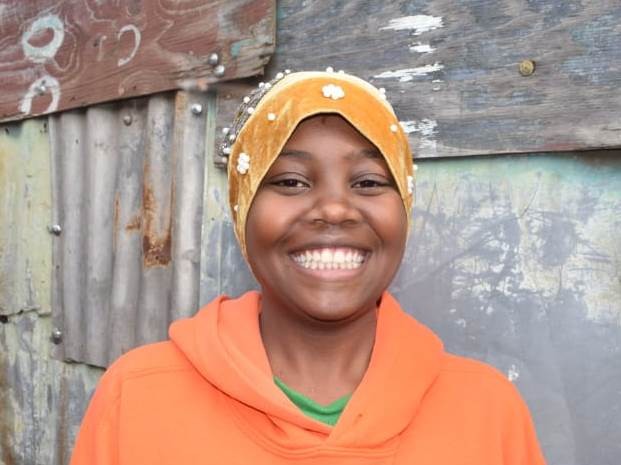Speeches Shim

Motherhood is an important occurrence in a woman’s life. However, the growing number of teenage mothers is a concern in Kenya. Early motherhood affects not only the adolescent girls who are not ready to become mothers, but also their family, school, and society. Ashura, like many adolescent girls in Kenya, dropped out of school at the age of 18 to take care of her infant. She lived and went to school in Pumwani, home to some of Nairobi’s poorest people - many of whom depend on the informal sector for an income. Ashura believed it was the end of her education and, judging from her peers’ experience, she was convinced that there would be no bright future for her. Stigma plays a key role in keeping girls out of school as they are too ashamed to resume learning.
The Binti Shujaa initiative, which translates to ‘brave girl’ in Swahili, works to reintegrate teenage mothers in schools after pregnancy. Supported by USAID under the Afya Jijini (Health in the City) program, the initiative focuses on adolescent girls (15-19 years old) who are pregnant or with babies up to24 months old. It works with both peers and mentors to provide services to adolescent girls in six areas: health, return to school, economic, social, peer dialogue and the prevention of sexual gender-based violence.
“Although I went through a challenging time as a teen mother, I want to tell other young girls there is hope after pregnancy,” says Ashura.
Through the initiative, Ashura and other Binti Shujaa members have been linked up with county education officers who have supported the girls to enroll in schools, colleges and polytechnics. Ashura, who now mentors 20 other girls, is starting a registered self-help group that will allow them to apply for small business loans, start businesses and earn a livelihood to support their families.
Babu Esli, a male champion in Pumwani advocating against gender-based violence, says that there has been a significant drop in teenage pregnancies in his ward over the last two years.
“This program has seen many girls go back to school and become more confident and self-sufficient in life,” he says.
Afya Jijini also works closely with the national and county governments to strengthen coordination and promote sustainability of adolescent and youth interventions.

Comment
Make a general inquiry or suggest an improvement.